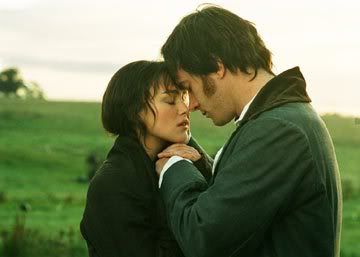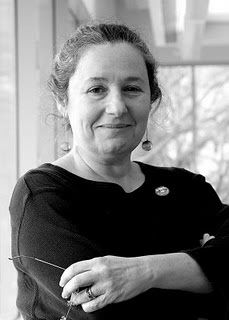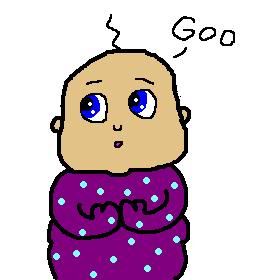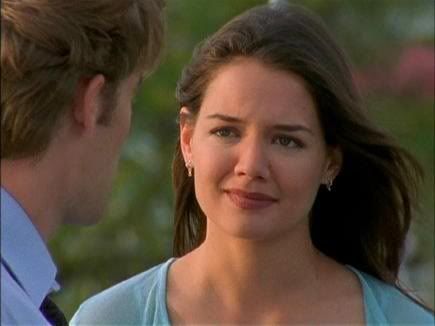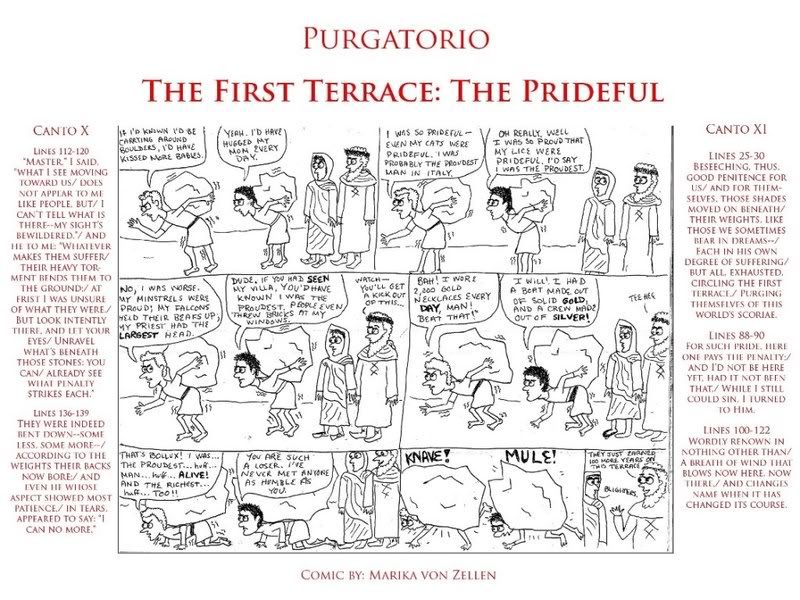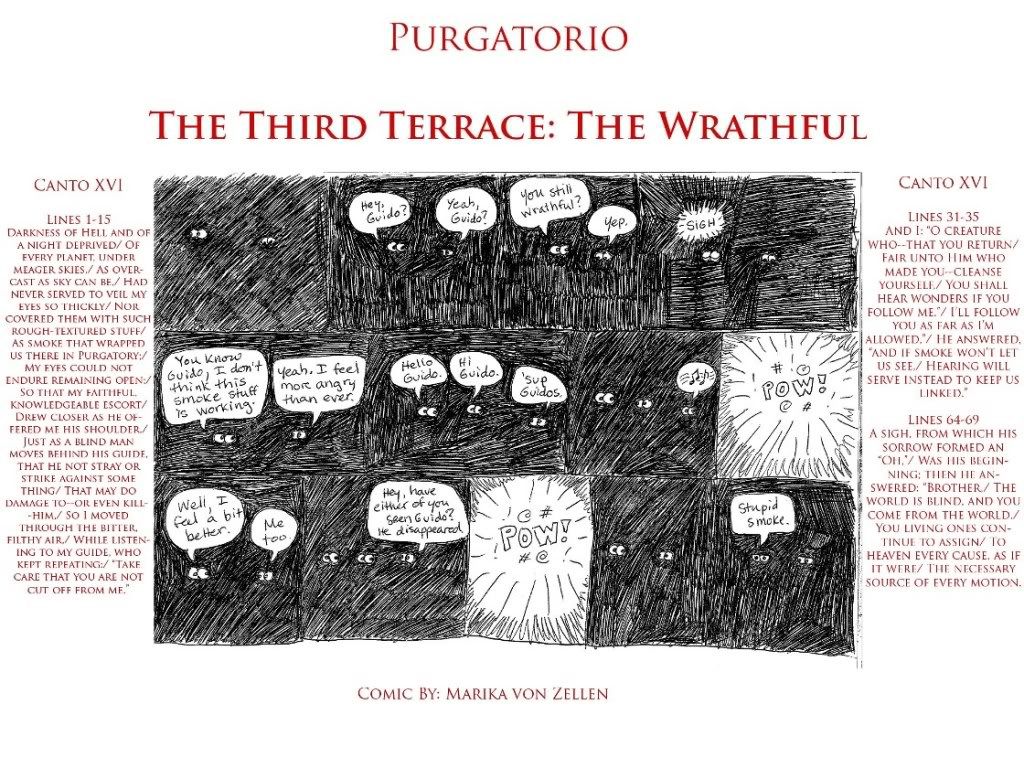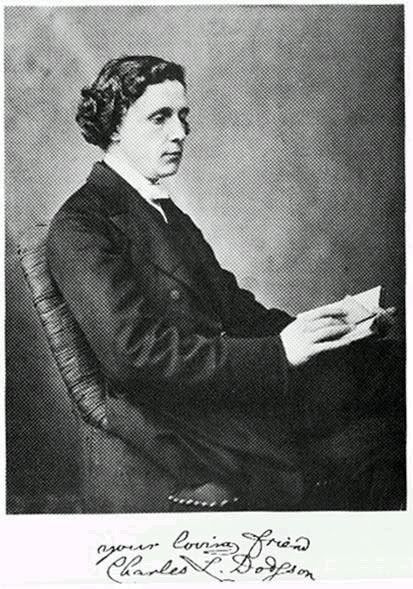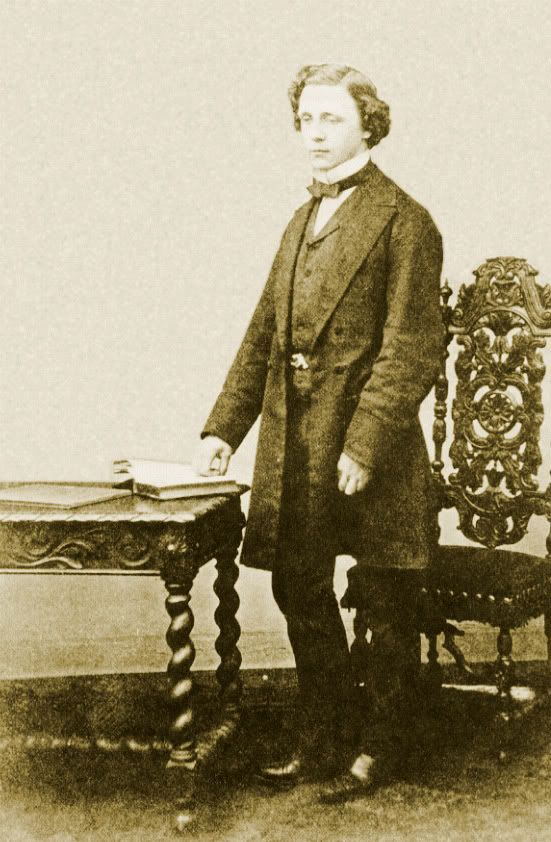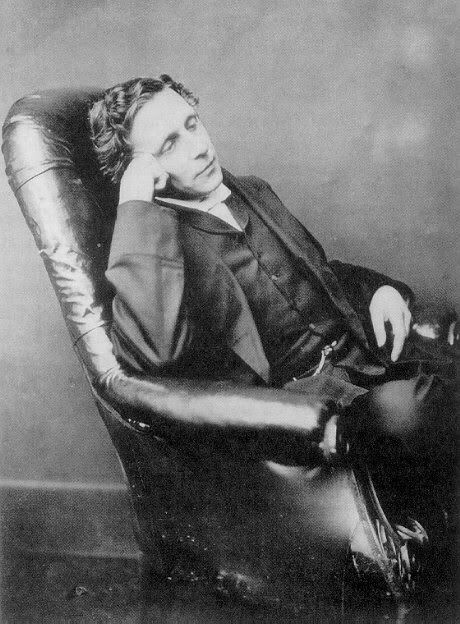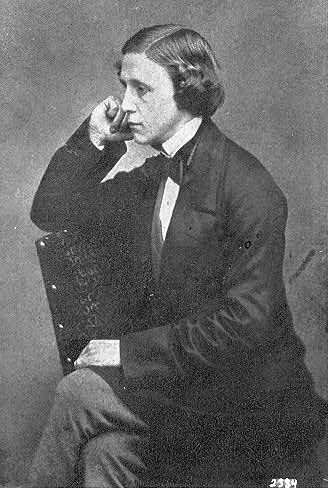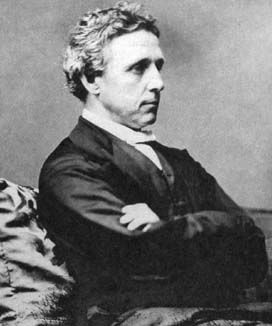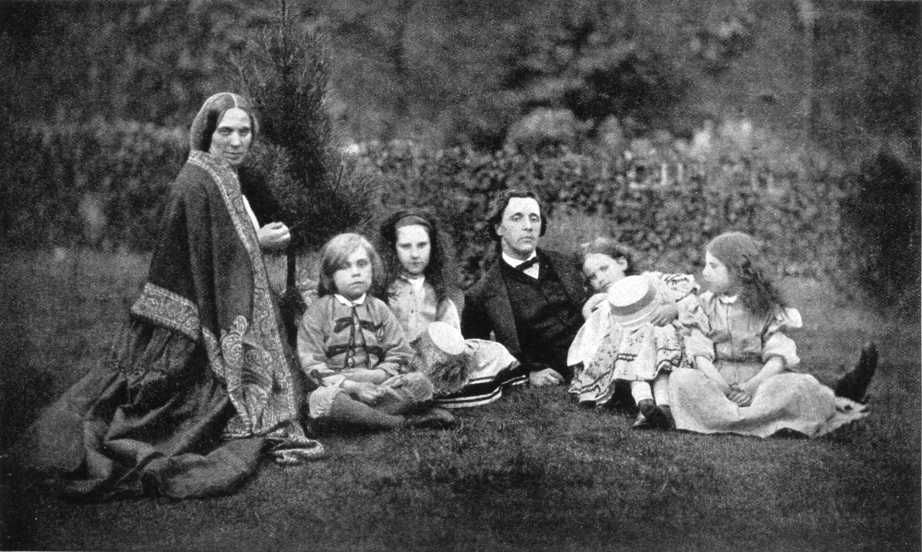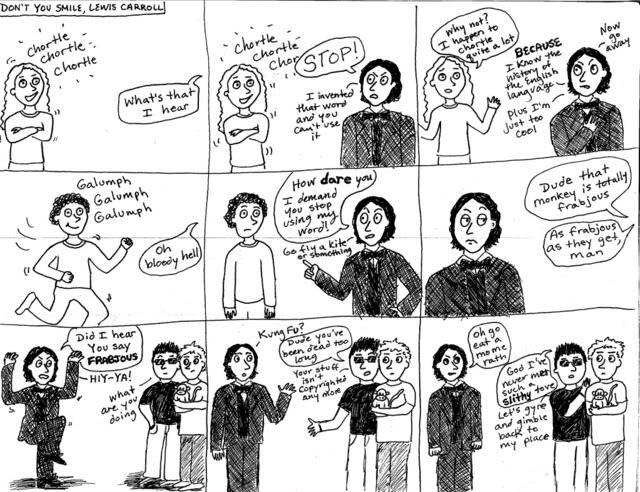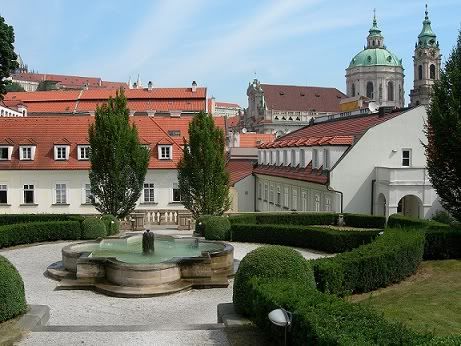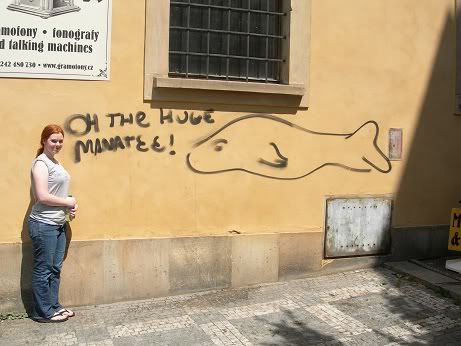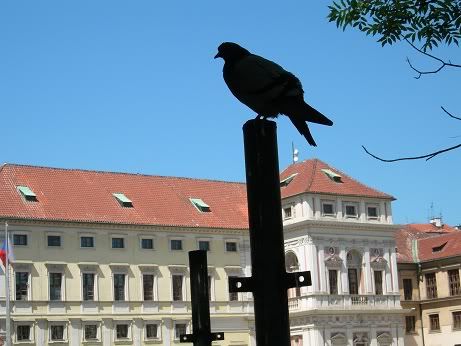After reading sonnets composed by John Donne (most noteably "The Flea") back in English Survey I, I couldn't help but get in on the action.
When most people hear the word "sonnet," they immediately picture something like this:
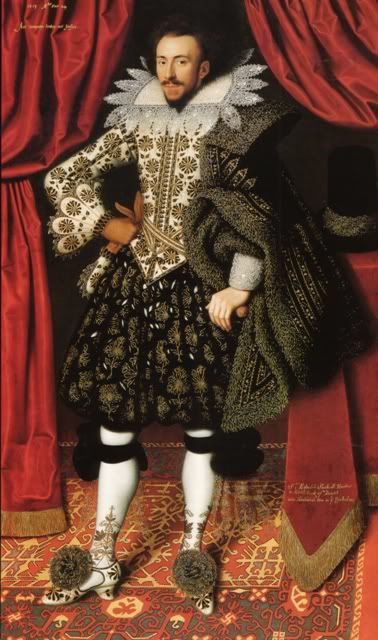
And though the Earl of Dorset is rather comely, his portrait does not denounce the meaning or concept of a sonnet.
A sonnet is usually 14 lines of poetry, going along the following pattern: ABAB/CDCD/EFEF/GG, and if you forget that rhyming couplet at the end, GOD STRIKE YOU DOWN IMMEDIATELY.
Now, in my first attempts at writing sonnets, I didn't always follow the pattern because I was what the Deutsch would call a "dummkopf." And so, I forewarn you all, that though they may seem deepy entrenched with the Renaissance ideals of poetry, they are not, in fact, all that good.
I will now reproduce for you a few of my sonnets. Plagarism is welcomed, but only if you wish to find a severed horsehead in you bed and your mother at the bottom of the ocean swimming with the fishes. (Side note: I am in no way affiliated with the Mafia. Much.)
Sonnet #1
A milk-white shadow in the street
Hallowed, foamy, an inhale of smoke
To breathe this danger comforts me
Without putrid air my lungs will choke.
They blanket me, and stow away
The trinkets: heart, brain, soul;
Peeling maddness so sour a delay
That I broke the bell yet hear it toll.
Milk-white face in my dream behold
A ghostly prayer of vivid decay
Stopped, like a cork in my soul
Another toll will tell me who can stay.
Face from hell you liven me,
As deadened fruit that's fallen from the tree.
Sonnet #2
Love, Love, Love is an odd fuck,
It spoils and dries then peels
Like melons sitting out in the sun
First it rots then draws the fleas.
Love, Love, Love is an itchy foot
That scabs and burns and browns
Trembling with the want to cut,
Take it out and bury it beneath the ground.
Love, Love, Love is a pregant rat;
It drags and bites and smells
Once it births the offspring shall attack
Killing beauty where'er it dwells.
Love takes the shape of a blooming rose,
But like a storm it injures when it blows.
The following poem does not rhyme, and it is not a sonnet. I wrote it last night.
My Box
No one knows just what I keep
inside my special box
perhaps a coin, perhaps a cross
Neither will you find in there.
And never will you know.
My special box is just for me
Its contents keep me alive
If you can guess just what it is,
I may pay you with a key.
Or else I'll just take my box
And leave it to draw the flies
Somewhere in a shrubbery,
A barn or circus tent
A place where no one will see
That box of mine at rest.
It's not my heart, no that's a joke
It's rather something more,
Akin to whisps and fairy wings,
perhaps a bit like odds and ends.
But never pausing is my box
It plays a little tune
With whistles loud and voices low,
You may wonder who could write it,
The book that's kept inside my box
A story of a life and time.

